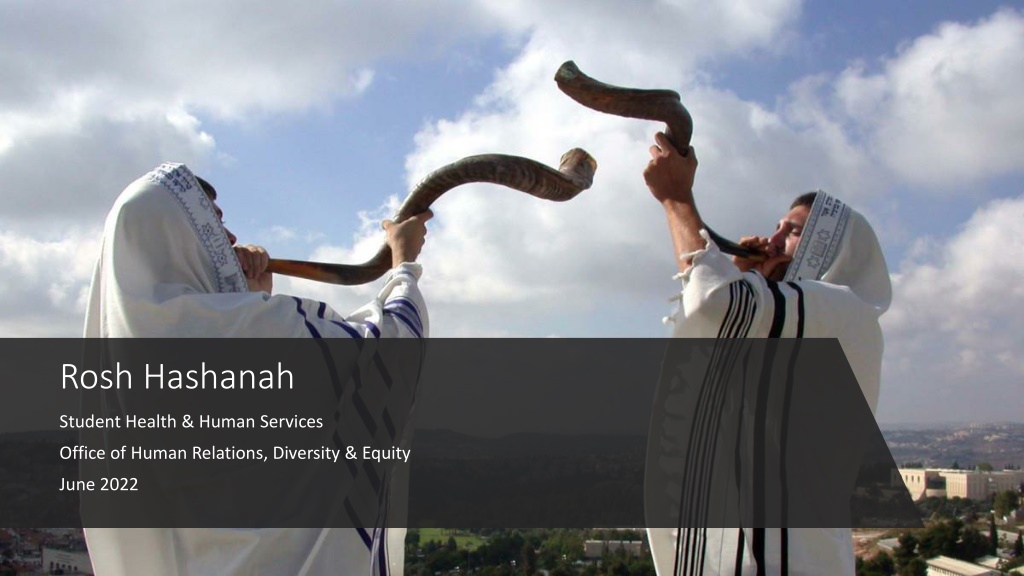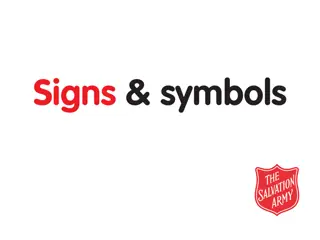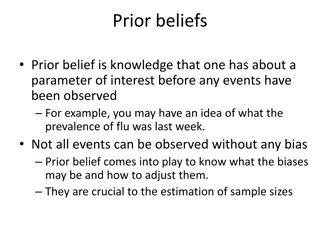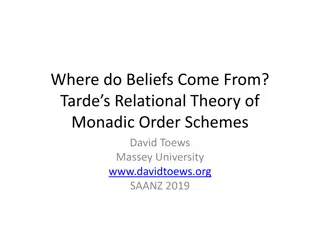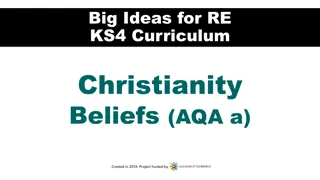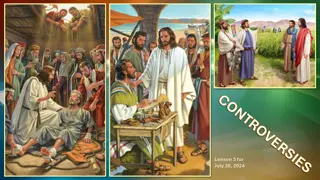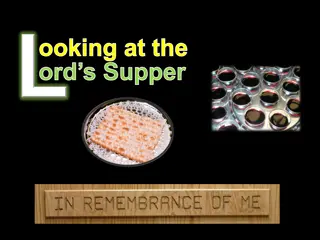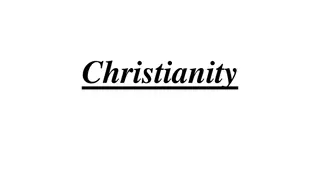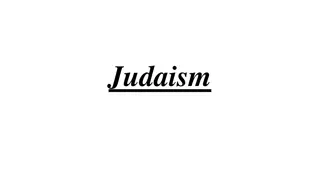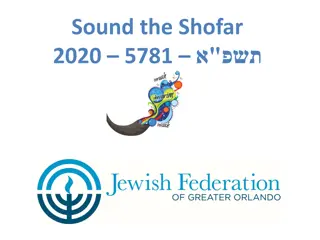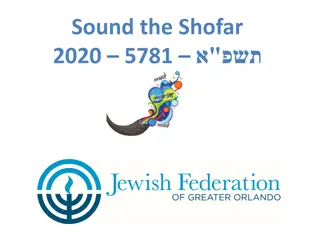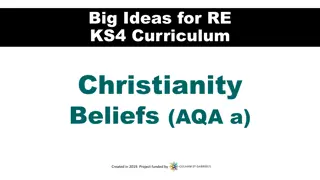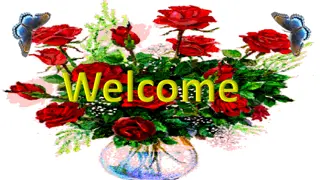Understanding Rosh Hashanah: Significance, Observance & Beliefs
Rosh Hashanah is the Jewish New Year, marking the beginning of the Days of Awe. This holiday holds great significance as a time for introspection, repentance, and seeking forgiveness. Discover the traditions, observance, and beliefs associated with Rosh Hashanah, including the practice of making amends and performing good deeds to secure a place in the "Book of Life" for the coming year.
Download Presentation

Please find below an Image/Link to download the presentation.
The content on the website is provided AS IS for your information and personal use only. It may not be sold, licensed, or shared on other websites without obtaining consent from the author. Download presentation by click this link. If you encounter any issues during the download, it is possible that the publisher has removed the file from their server.
E N D
Presentation Transcript
Rosh Hashanah Student Health & Human Services Office of Human Relations, Diversity & Equity June 2022
Would you rather... Be able to speak with animals Be able to speak all foreign languages
about Rosh Hashanah Learn the significance of the holiday Objectives Identify the traditions of the holiday Discuss
The Jewish New Year, one of Judaism's holiest days. What is Rosh Hashanah? It begins on the first day of Tishrei (the 7th month of the Hebrew calendar), which falls during September or October. It is a celebratory holiday that commemorates the creation of the world and marks the beginning of the Days of Awe, a 10-day period of introspection and repentance that culminates of Yom Kippur (Day of Atonement).
What is Rosh Hashanah?
The Significance of Rosh Hashanah It is believed that during the 10 Days of Awe, between Rosh Hashanah and Yom Kippur, God judges all creatures, deciding whether they will live or die in the coming year. According to Jewish law, God writes the names of the righteous in the "Books of Life" and condemns the wicked to death on Rosh Hashanah. One book for recording names of good people, the second book for names of wrongdoers, and the third book for those who are not on either side of the scale. Those whose names are written in the third book have until Yom Kippur to perform teshuvah (repentance) through prayer, good deeds, reflecting on past mistakes and making amends with others.
What do you think about the belief that every year during this time, you can make amends for your mistakes, pray and do good deeds to have your name placed in the book of life for another year? Let's Talk Do you know of other religions that include something like this? Some may see this as a second chance, what do you think?
The Observance Rosh Hashanah is observed for one or two days. During this time, people are prohibited from working and religious Jews spend much of the holiday attending synagogue. Because the High Holy Day prayer services include specific liturgical texts, songs and customs, rabbis and their congregations read from a special prayer book known as the machzor.
The Observance The sounding of the shofar a trumpet made from a ram s horn is an essential and emblematic part of Rosh Hashanah. It serves as a call to repentance and a reminder to Jews that God is their king. Tradition requires the shofar blower to play four sets of notes on Rosh Hashanah: tekiah, a long blast; shevarim, three short blasts; teruah, nine staccato blasts; and tekiah gedolah, a very long blast. Because of this ritual s close association with Rosh Hashanah, the holiday is also known as Yom Teruah the day of the sounding of the shofar.
After religious services are over, many Jews return home for a festive meal steeped in symbolism and tradition. The Observance Some choose to wear new or special clothing and to adorn their tables with fine linens and place settings in recognition of Rosh Hashanah s significance. The meal typically begins with the ceremonial lighting of two candles and features foods that represent positive wishes for the new year.
Custom & Symbols Apples & honey are considered to have healing properties and the honey is to bring sweetness to the new year Challah is the braided bread that is made round to symbolize the circle of life or the crown of God Tashlich (casting off) is when Jews throw pieces of bread into a flowing body of water while reciting prayers. The bread symbolizes the sins of the past year and this practice spiritually cleanses and renews them People are greeted with L shanah tovah tikatev v taihatem ( May you be inscribed and sealed for a good year ) or the shortened version, L shana tovah (for a good year).
How do you celebrate the New Year? Let's Talk.. Check out Do you have special cultural/ religious/ family traditions that you celebrate to bring in the New Year?
Human Relations, Diversity & Equity
Teacher Survey
